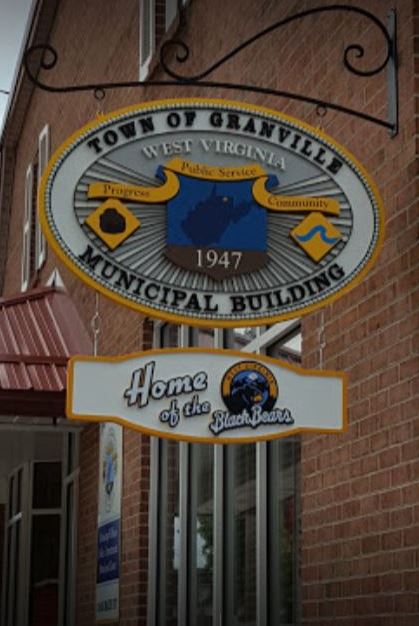GRANVILLE — Granville Town Council voted unanimously Tuesday in support of an ordinance authorizing application to the West Virginia Home Rule Municipal Board.
As part of that application, the town is proposing the future implementation of a 1% municipal sales tax expected to initially generate just over $4.4 million for the town of less than 1,400 residents.
After mandatory reductions in business and occupation privilege taxes are factored in, city leadership is expecting a jump in municipal income of just over $3.7 million.
Mayor Patty Lewis previously said the town’s current budget is roughly $9.5 million.
The vote was taken without any additional discussion as the lone action item in a four-minute special meeting called after the issue was inadvertently left off the body’s Nov. 12 agenda. A public hearing and second reading will be held Tuesday, Nov. 26.
Granville is aiming to have its application before the West Virginia Home Rule Board in time for the authorizing board’s January meeting.
Home Rule began as a four-city pilot program in 2007 with the goal of giving the state’s municipalities freedom within the law to tackle unique challenges. Morgantown was included in a second round of cities added in the expanded pilot in 2014.
As of January 2019, Home Rule is permanent. Westover became the state’s 60th Home Rule city last fall.
Both Morgantown and Westover have implemented a municipal sales tax through the program.
Beyond the tax, Granville’s Home Rule application features a handful of initiatives, including:
- Disposition of property and equipment without public auction — This would allow the town to directly dispose of real estate and personal property without auction in appropriate circumstances and to consider the value of public services to the provided or economic development expected when determining a fair value for the lease or sale of property.
- On-the-spot citations — This would allow the town to issue citations on the spot for life safety code, health and sanitation, and public nuisance violations.
- Liens for dilapidated and nuisance properties — This would allow the town to file liens against properties for which it has incurred expenses in abating issues caused by disrepair or nuisance issues.
- Collection of liens for demolition and remediation — This would allow the town to more easily collect funds due under liens for demolition by making payment of such a requirement of purchase at tax sales.
- Liens for solid waste fees — This would allow the town to place liens without instituting a civil action to collect unpaid fees for solid waste collection.
Assuming the issue gets the needed approvals from council and the state, each item, including the sales tax, would need to be brought forward individually and approved by the town’s council.




